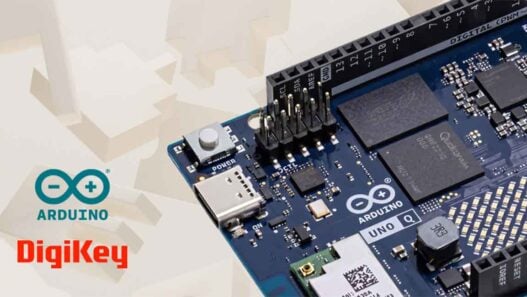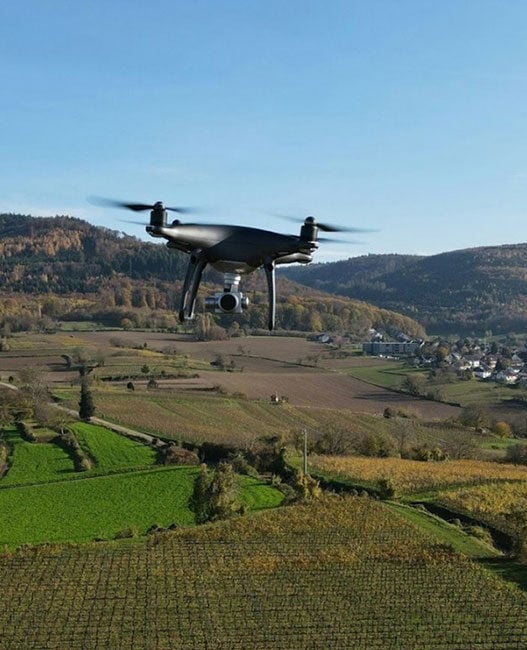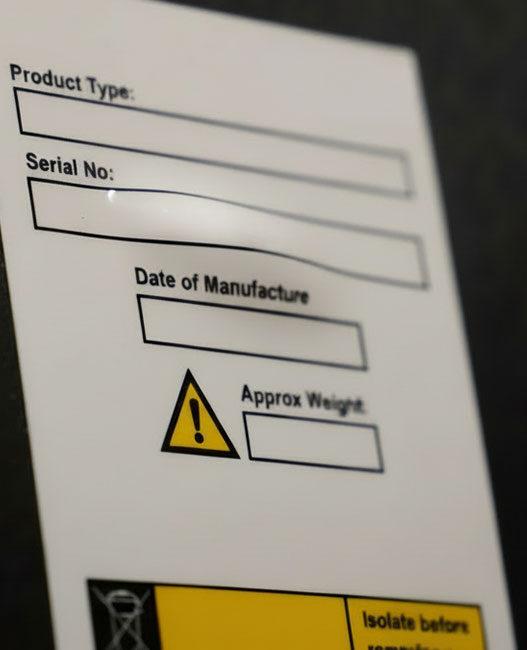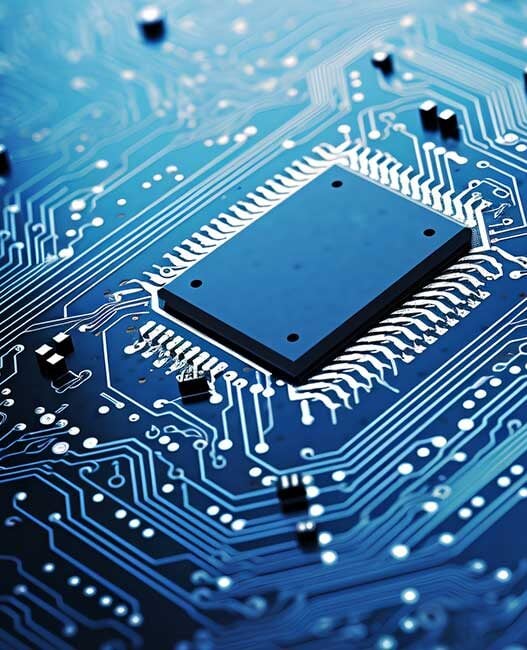The trend is expected to recover in 2020. Though events occurring in 2020 may influence this trend in either direction. This situation worries the automotive industry and pushes them to take drastic steps. Audi, Daimler, Ford and others have announced job cuts.
According to these companies, the main reason behind the cuts is to gather funds for their future projects (electrification and autonomy), but they are also a consequence of their difficulties. These measures will support their transition to autonomous electrical vehicles amid stringent CO2 emission regulations requiring high investments.
Yole Développement (Yole) and its advanced packaging team are pleased to deliver today a snapshot of the automotive industry with a special focus on advanced packaging. Based on its technology and market analyses, Automotive Packaging: Market and Technologies Trends and Status of the Advanced Packaging Industry, in addition to numerous debates with leading automotive and advanced packaging companies and presentations at key international trade shows and conferences, analysts reveal the status of the industry today and its evolution.
So will vehicle electrification and autonomy trends be the automotive industry’s saviors? The answer is, it depends! It can be both, yes and no. Mario Ibrahim, Technology and Market Analyst at Yole explained: “No, because in terms of technology, many improvements are still required, and adoption is still low. Yes, because the automotive industry needs drastic changes and innovation.”
But what is the reality today? How is the automotive industry organising the transition, and what does that imply for its ecosystem?…
Yole’s analysts are here talking about the automotive industry, known for its conservativeness. The competition is tough today, and players can no longer afford to delay their decision to adopt a new technology. Advanced ADAS levels require computing technologies and packages that are, and will be, approved far quicker (less than one year adoption curve vs current five to eight years). The product’s qualification process won’t change, it will still be harsh and long.
According to Yole’s automotive packaging report, Automotive Packaging: Market and Technologies Trends 2019, the automotive packaging market is dominated by mainstream packages accounting for 97% of the $5.1bn calculated automotive packaging market in 2018. Advanced packaging, such as FC BGA, FO, ED and WL CSP, are already used in automotive for various applications, such as radars, power devices and modules, computing units… Their presence is still relatively small, expected to reach six percent of the total automotive packaging market in 2024, estimated at $550m of a $9bn TAM.
This is a significant increase of advanced packaging revenue as it will be multiplied by a factor of four between 2018 and 2024 but is less noticeable as the mainstream package business is huge and continuously growing.
A considerable number of automotive applications, such as MEMS , low power devices and most of the CIS, are satisfied by the quality, cost and performance of their actual legacy packages whereas other automotive hardware require innovative solutions.
The automotive supply chain is adapting to better meet future needs
“Car makers are willing to be more involved in the lower levels of the supply chain. Automotive component makers, recognised as analog experts, are today investing in digital solutions,” detailed Santosh Kumar from Yole. “Infineon Technologies acquiring Cypress Semiconductor is a relevant example.”
Increased electronic volumes and the entry of new technologies into automotive, such as advanced computing systems, are forcing IDMs to focus on component development while subcontracting the packaging to OSATs . Tier 1 players – known as system makers – are still today important components in the supply chain. It is expected, however, that their business will be affected by any ecosystem reshuffle and the eagerness of car makers to by-pass them and deal directly with component and module makers.
At Audi and Toyota work is in progress to modify their supply chain to secure a reduced ecosystem for their advanced cars, enabling increased control and thus better quality. Tesla are doing it the Tesla’s way, or Elon’s way. Tesla is eager to achieve vertical integration for their automotive business. That is risky, but Tesla are devoted and passionate about challenge and uncertainty.
Any supply chain modification will impact, positively and/or negatively and in different proportions, all the business models involved. However, two of the existing businesses will be less affected, the manufacturing services (foundries) and OSATs. Car makers have the possibility of integrating foundry services and packaging in-house but at a high cost (production line and human investment). Certain IDMs are both producing and packaging chips in-house. This business model is evolving in two different directions, manufacturing at IDMs or foundries and packaging at OSATs.
In 2018, 65% of the automotive packaging TAM was still in the hands of IDMs such as NXP, Infineon Technologies, Denso, Robert Bosch. Yole foresees business transfer will intensify in the future, driven by greater volumes and higher package complexity, toward OSATs such as Amkor Technology, ASE, UTAC. Yole expects that in 2024 the two business models will have a similar sized share of the automotive packaging market.
These modifications to the supply chain are still in their early stages but will accelerate in the coming ten years encouraged by the journey to autonomous electrified vehicles.
But yes, the automotive industry is going to be extremely hot in 2020 and an exciting topic in the years to come. This evolution is mainly due to a shift in the concept: cars are ‘drifting’ from pure mechanical beauties used for transportation into a comfortable service powered by ‘moving computers’ stuffed with electronics.















